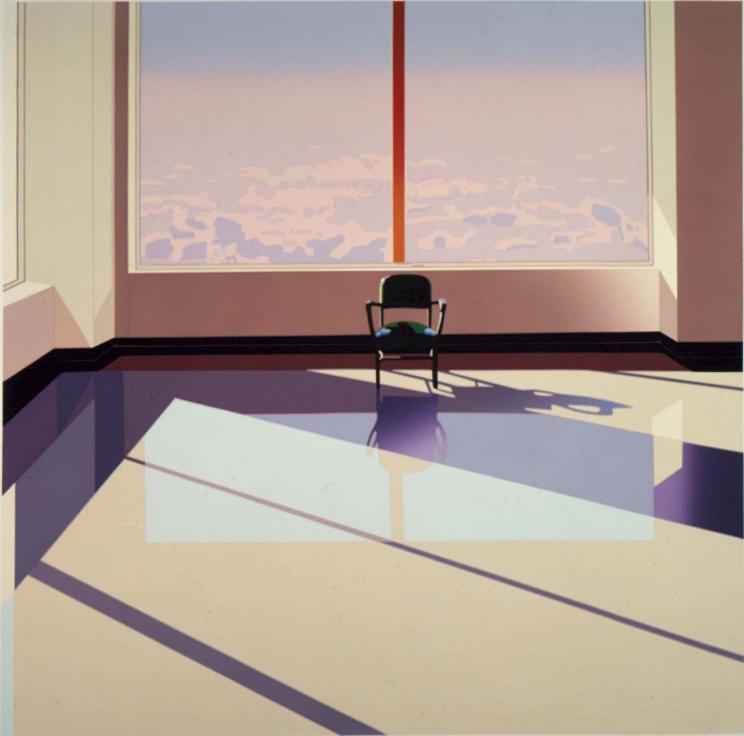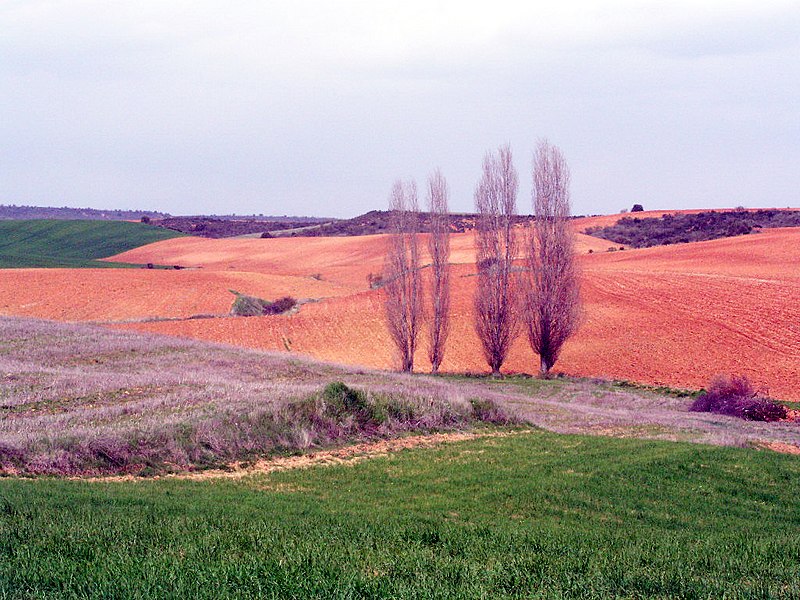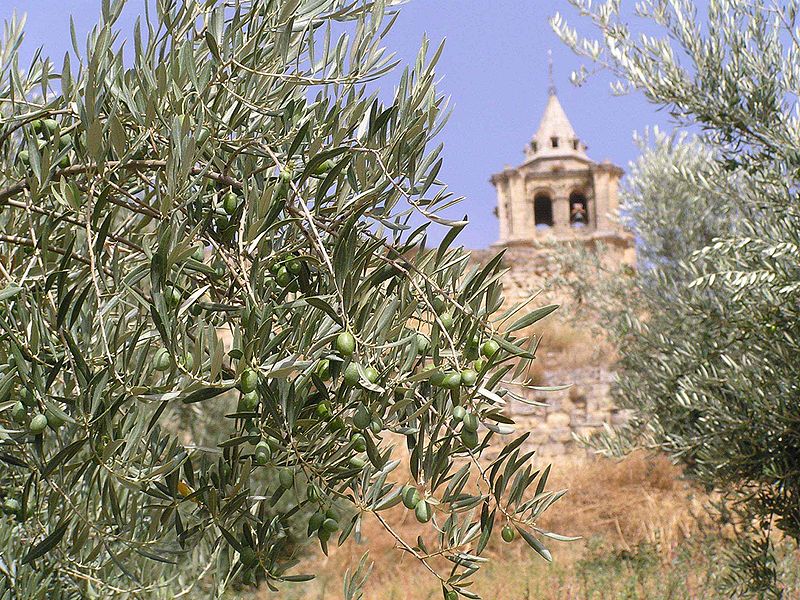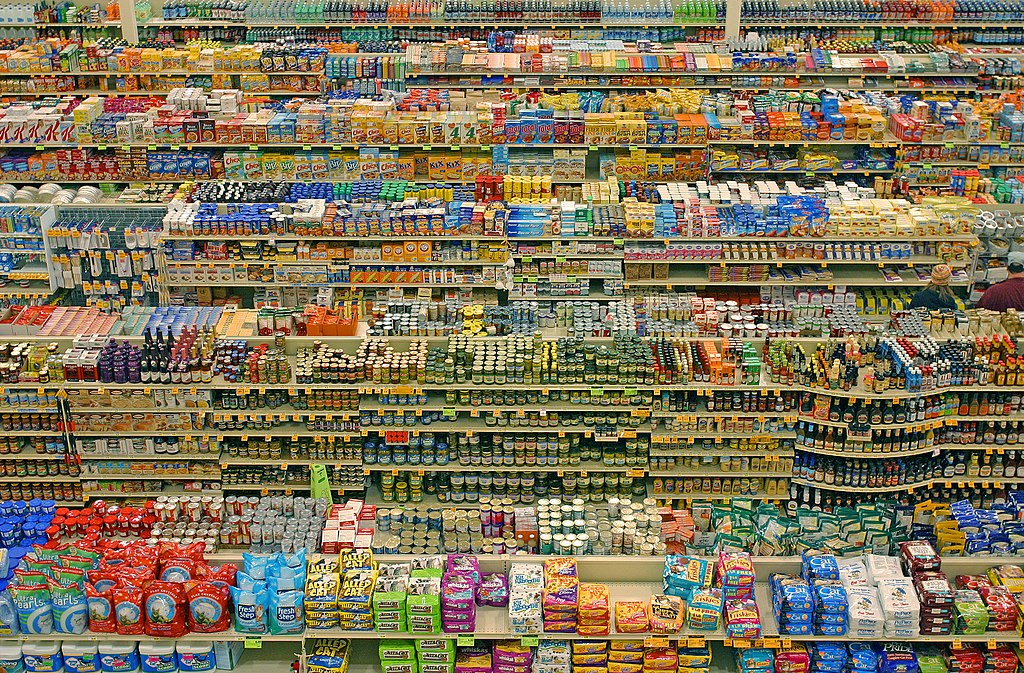
Basking shark: photo by Chris Gotschalk, 21 July 2006
Hallway, door, hallway, door; half-light; afternoon leaning toward dusk. All the doors
open to the far end. People made of plaster, bent over, are sitting alone, each to a bench. The last,
in the innermost hallway, barely distinguishable like the head of a pin:
......................................................................................"
Nobody believed him or even paid attention to him. On the right, through the dust-covered, barred window,
you could see, passing by under artificial noon sunshine, a tall, immense bus full of people on an excursion,
plaster boys, plaster girls with spearguns, with those long plastic flippers,
very blue or yellow, hanging in the windows.
Kampffischweibchen (Betta splendens) [Siamese Fighting Fish], türkis/pink: photo by Defender Regina, 1 April 2010
He saw the diver stir deep down in the water
with soft, carnal movements. Beyond
he saw the clay penis and the statue's feet
stepping firmly on the sea floor. And he also saw
the clay woman spread out, waiting,
one knee slightly raised, with a red,
totally red fish on her belly. Except
that the seaweed didn't move, there was no seaweed,
and the coin they threw in from above descended slowly
until it stopped a hand's width from the woman's mouth.

The Egyptian water goddess Taweret, goddess of childbirth and fertility, following the figure of Wadjet, the cobra; faience figure, Late Period: photo by Jon Bodsworth, 10 December 2007 (British Museum)
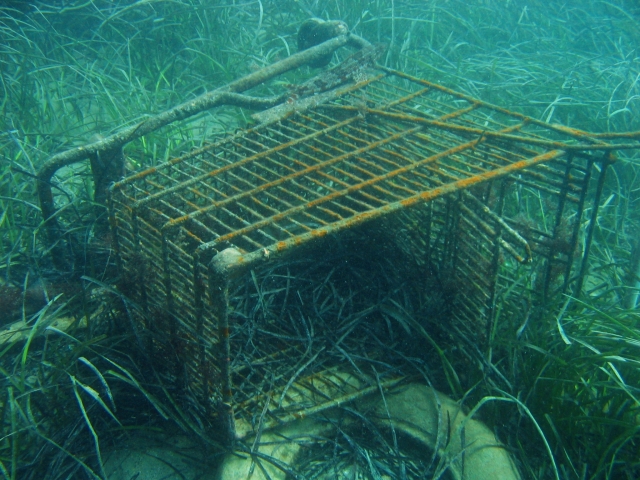
Shopping trolley lying six metres below the surface near Tanker Jetty, Esperance, Western Australia: photo by Ian Bailey, 2006
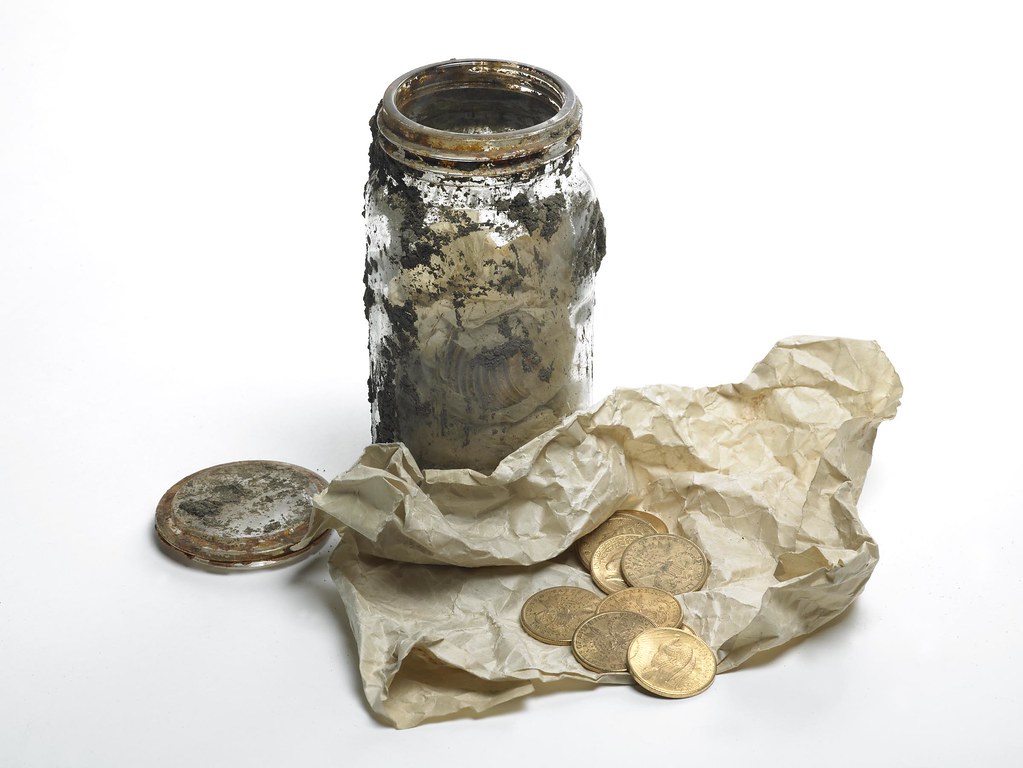
Coins from the Hackney Hoard with Jar. The coins from the Hackney Hoard were found deposited in this glass Kilner jar: photo by portableantiquities, 13 July 2007

